29 Apr Wired vs Wireless Fire Alarms
Wired vs Wireless Fire Alarm Systems
When installing a fire alarm system, both wired and wireless are fully compliant with safety regulations. Each system has it’s own advantages and disadvantages, which we explore in this article.
Wired Fire Alarm Systems
ADVANTAGES
- High Reliability – Less susceptible to interference, providing a stable and secure connection.
- Lower Maintenance Costs – Once installed, these systems generally require less maintenance than wireless alternatives.
- No Battery Dependency – Components are powered by the system itself, reducing the need for battery replacements.
- Strict Compliance – Often preferred for high-risk environments due to their proven dependability and adherence to fire safety regulations.
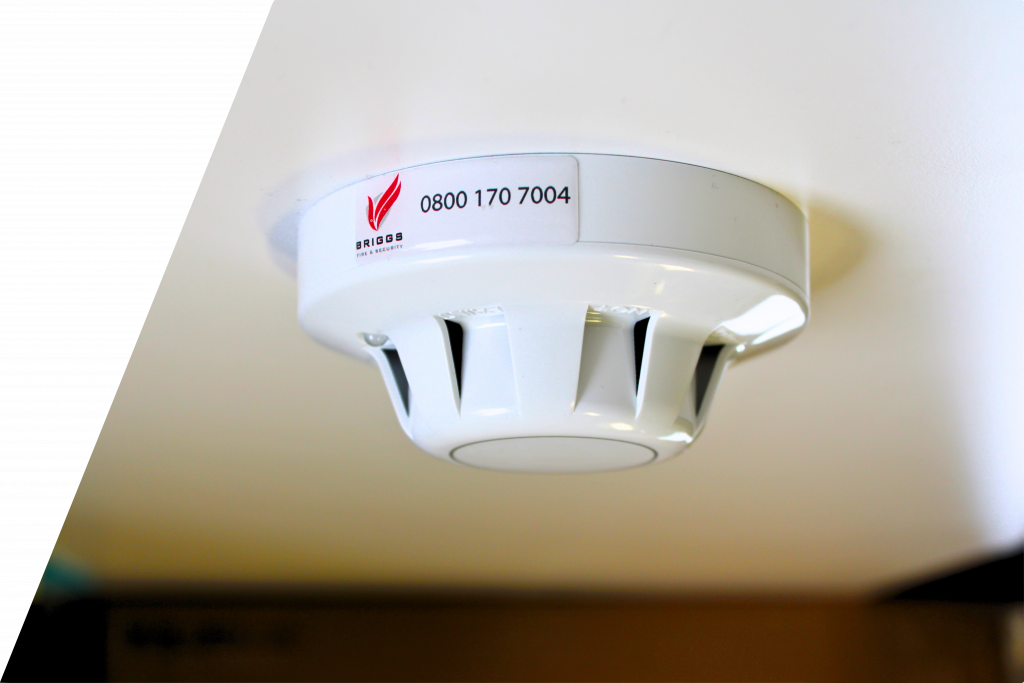
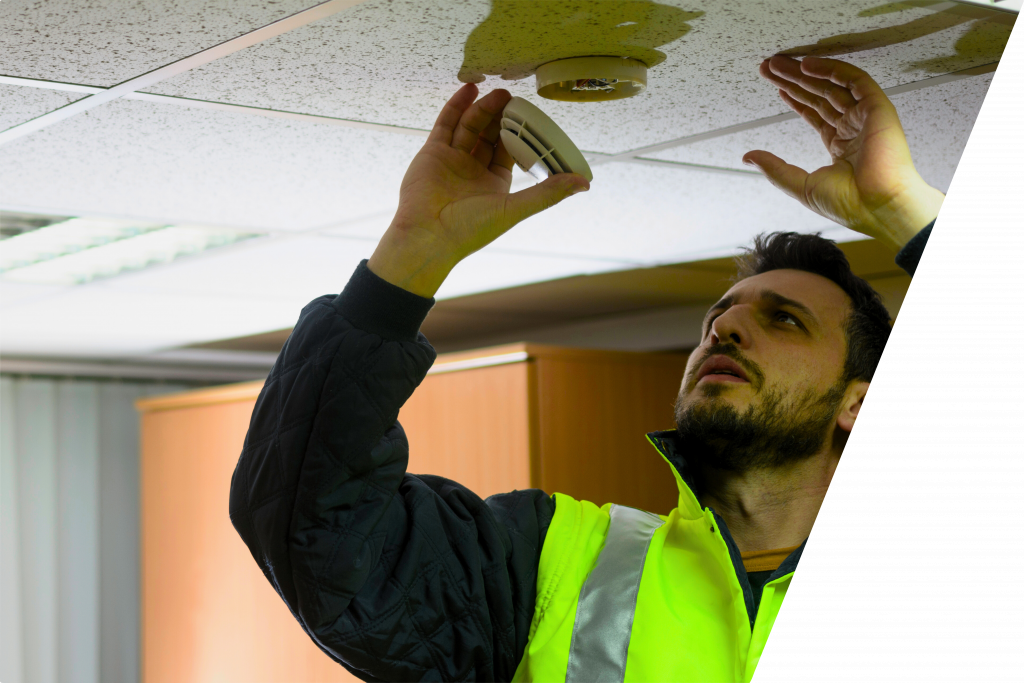
DISADVANTAGES
- Complex Installation – Requires professional wiring, which can be time-consuming and potentially disruptive.
- Higher Upfront Cost – The materials and labour involved make installation more expensive initially.
- Limited Flexibility – Modifying or expanding the system can be challenging as building layouts change.
IDEAL APPLICATION
- Large commercial buildings, warehouses, and industrial facilities.
- New construction projects where wiring can be integrated during the build.
- High-risk environment requiring strict compliance with fire safety regulations.
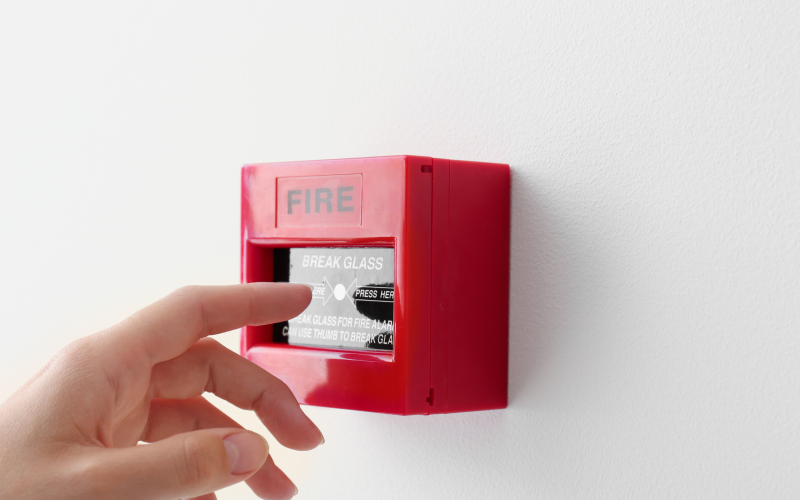
Wireless Fire Alarm Systems
ADVANTAGES
- Quick and Easy Installation – No cables mean minimal disruption, making it ideal for existing buildings.
- Highly Flexible – Easily modified or expanded by adding new detectors.
- Aesthetic Appeal – No visible wires, making it a great choice for heritage or luxury buildings.
- Suitable for Temporary Use – Can be installed in temporary or portable structures.
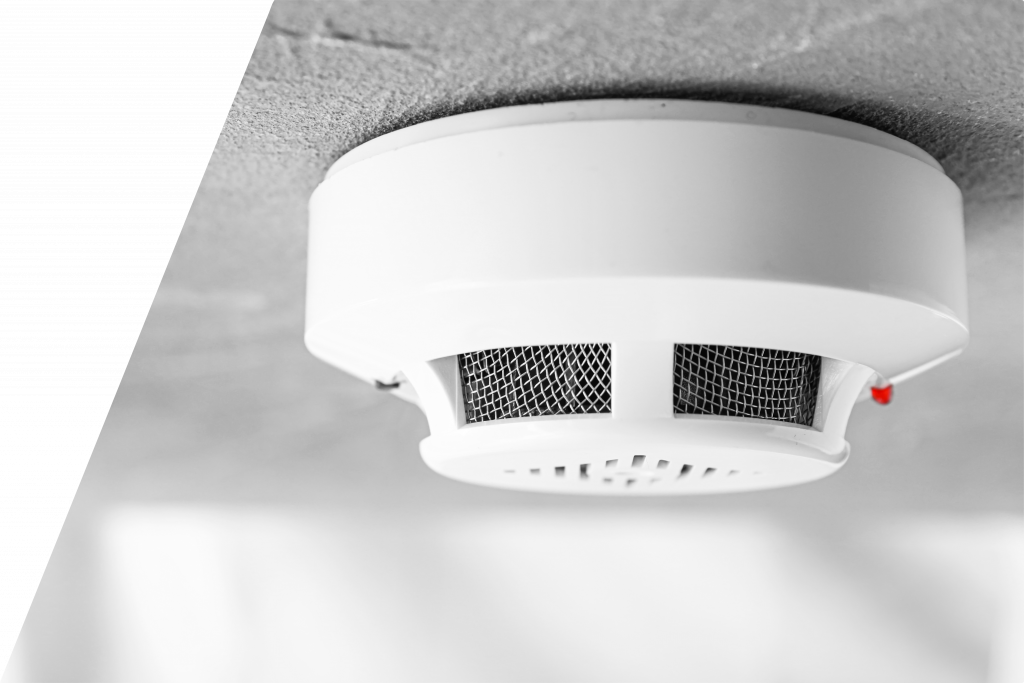
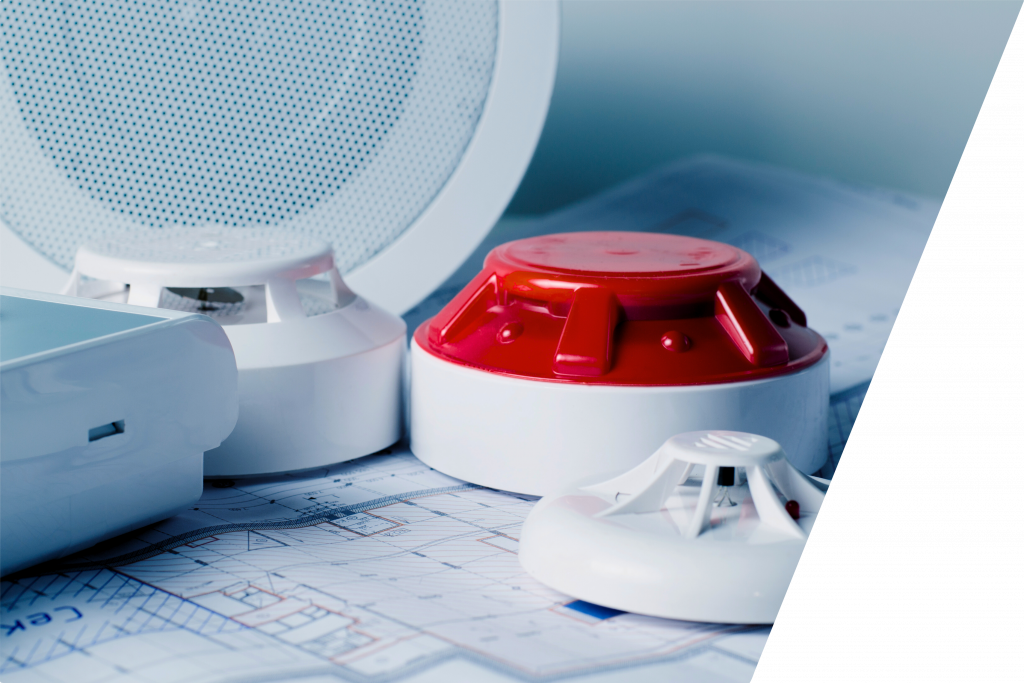
DISADVANTAGES
- Battery Dependency – Devices require regular battery checks and replacements.
- Potential Signal Interference – Radio signals can be affected by walls, metal structures, or electronic devices.
- Higher Long-Term Costs – Ongoing battery replacements and potential interference troubleshooting can add up.
IDEAL APPLICATION
- Buildings where running cables is impractical, such as heritage properties or rental spaces.
- Businesses needing a fast installation with minimal disruption.
- Expanding existing alarm systems where wiring is difficult or costly.
- Temporary sites, such as construction sites or event venues.
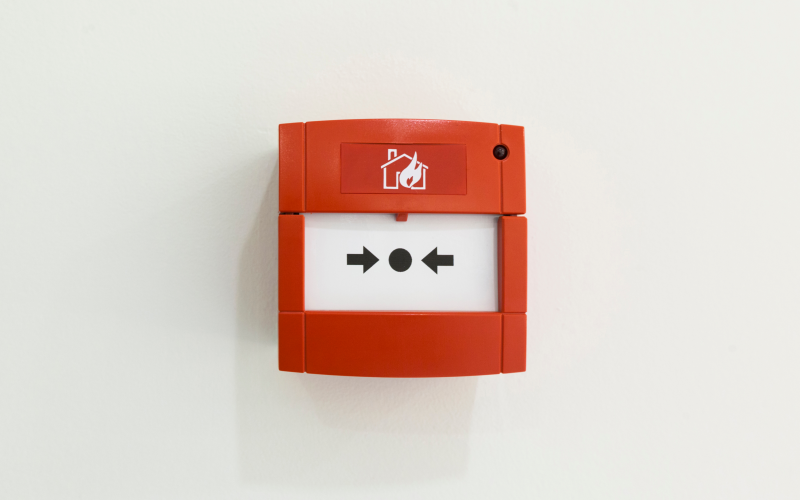
WHICH SYSTEM SHOULD YOU CHOOSE?
There is no one-size-fits-all answer. The best choice depends on the specific needs of the project, the preferences of designers and installers, and the building’s characteristics. For example, historical sites are more likely to benefit from wireless systems, while large industrial facilities may require wired solutions. The best way to determine the most suitable system is to have a professional conduct a thorough fire risk assessment.
